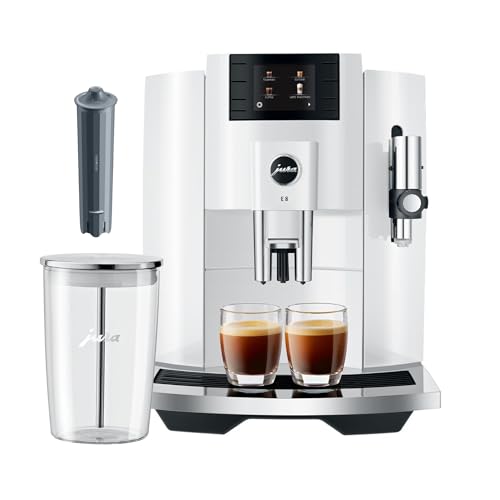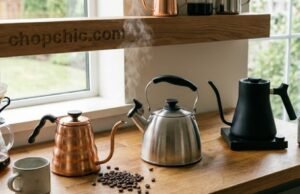Starting your journey as a home barista can be both exciting and overwhelming. With so many techniques, tools, and coffee styles to explore, knowing where to begin makes all the difference. While owning the right equipment is important, developing the right skills is what truly elevates your coffee game. In this guide, we’ll explore the fundamental abilities that every beginner home barista should focus on mastering.
1. Grind Size Knowledge
Understanding grind size is crucial. Each brewing method requires a different level of coarseness. For example, French press needs a coarse grind, while espresso demands a fine grind. Learning how to adjust your grinder to suit each method helps prevent under- or over-extraction, both of which can ruin a cup. With practice, you’ll develop a feel for how grind size impacts flavor.
2. Brew Ratio Awareness
Brew ratio refers to the amount of coffee used in relation to water. Getting this balance right is a foundational skill. Most beginners start with a standard ratio like 1:15 (1 gram of coffee to 15 grams of water), but adjusting it based on taste is key. Accurate measurement tools, such as digital scales, can help you stay consistent.
3. Pouring Techniques
In methods like pour-over or AeroPress, how you pour water makes a big difference. Circular, even pours help saturate the grounds evenly. Learning proper pouring speed, technique, and water temperature leads to more balanced and flavorful coffee. A gooseneck kettle can improve your control dramatically.
4. Milk Frothing and Texturing
If you’re a fan of lattes or cappuccinos, frothing milk is an essential skill to develop. It’s not just about creating foam it’s about achieving microfoam, which has a silky, smooth texture. This type of milk not only enhances taste but also makes basic latte art possible. Start by practicing with a steam wand or electric milk frother.
5. Tasting and Flavor Recognition
Great baristas are also great tasters. Begin to train your palate by tasting coffee mindfully. Can you detect fruity, nutty, or chocolaty notes? Keep a journal of your brewing variables and tasting notes. Over time, you’ll learn to identify what went right—or wrong—in each cup.
6. Cleaning and Maintenance Habits
Clean tools make great coffee. Developing a habit of regular cleaning—especially of grinders, machines, and milk frothers—ensures both longevity of equipment and purity of flavor. Even small traces of old coffee oils can affect the taste of your next brew.
7. Patience and Curiosity
Skill development takes time. Instead of rushing through, approach each brew as a mini experiment. Take notes, make adjustments, and don’t be afraid to mess up. The best home baristas are those who stay curious and open to learning.
it’s about honing skills
Becoming a home barista isn’t just about buying the best espresso machine or grinder .it’s about honing skills that transform your kitchen routine into a craft. By focusing on grind size, brew ratios, pouring techniques, and sensory development, you’ll build a solid foundation for more advanced coffee-making techniques in the future. Remember, every expert barista was once a beginner. What matters most is that you keep practicing, stay curious, and enjoy the process.
read more: The Underrated Espresso Tool: Why a Shot Mirror Matters














[…] read more: Essential Skills Every Aspiring Home Barista Should Develop […]